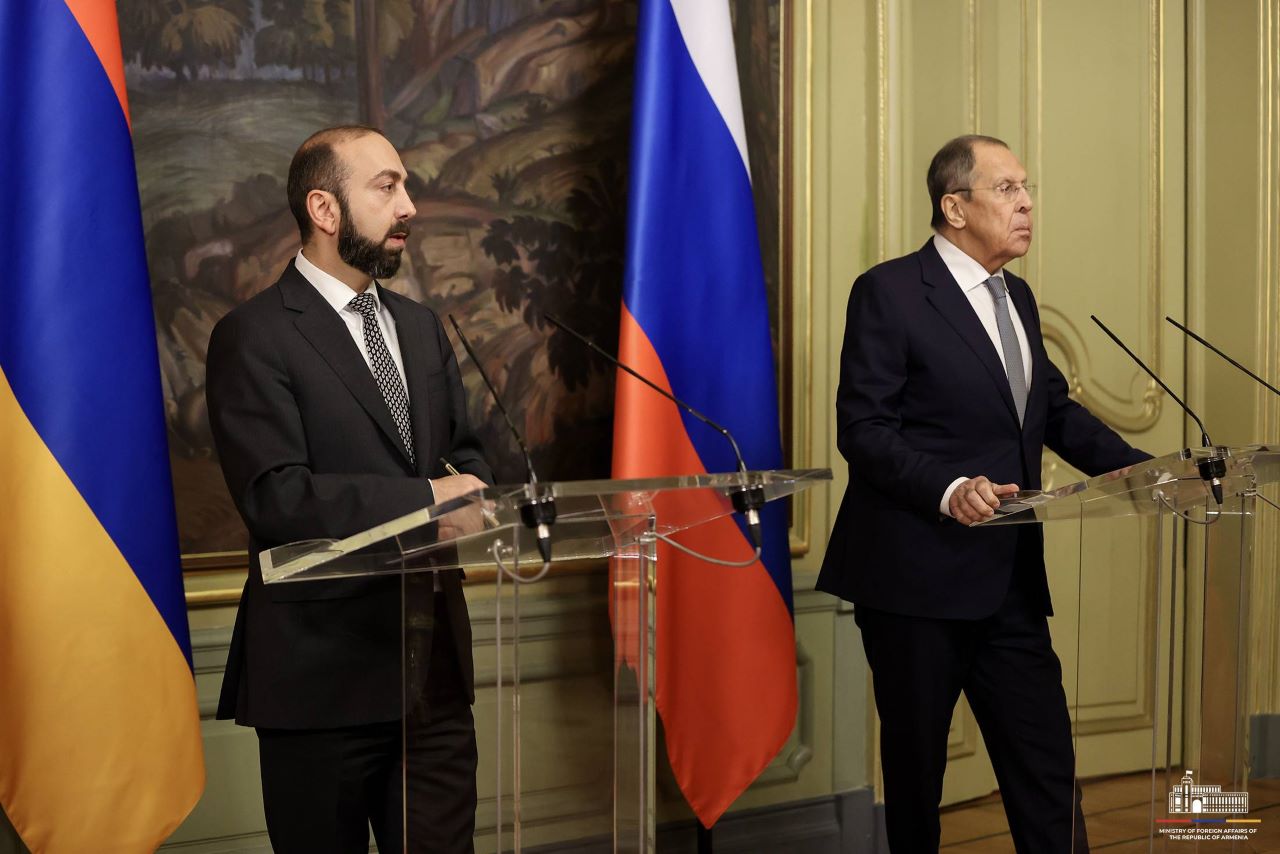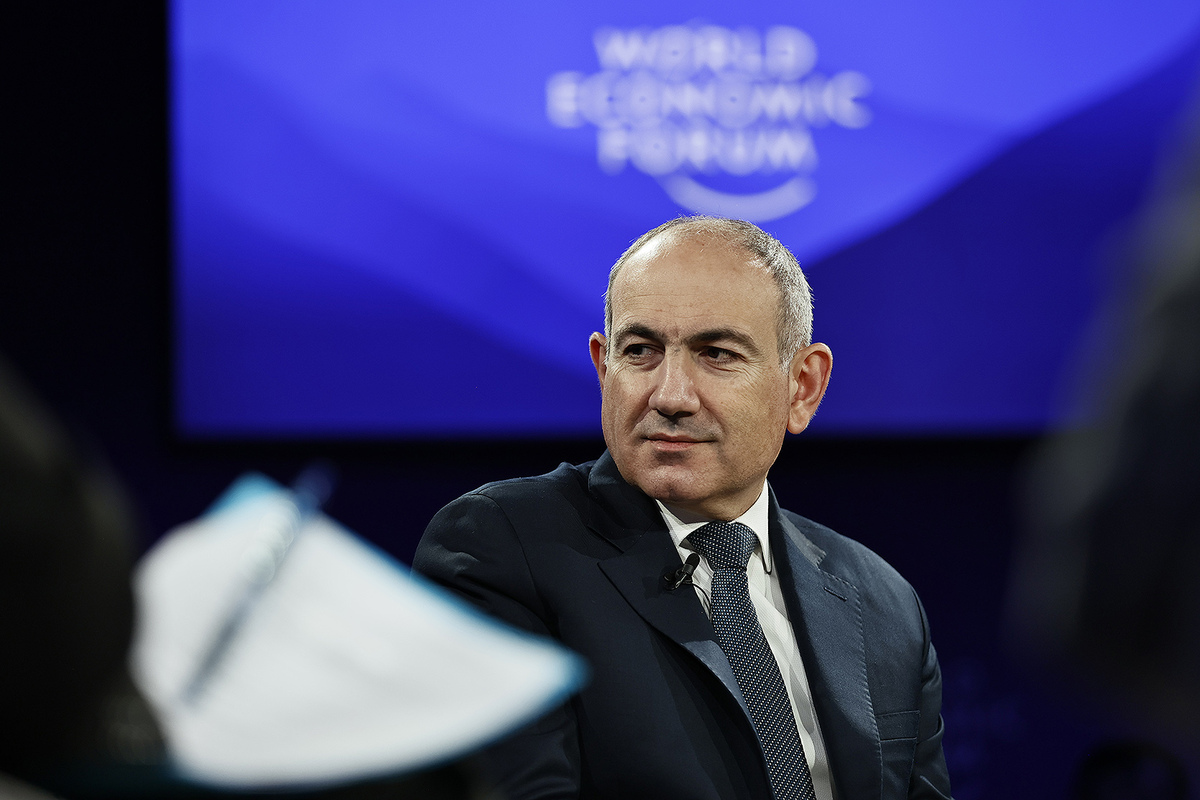Opinion on possible Trump-Putin deal: 'Armenia has nothing to worry about'
Yerevan opinion on potential Trump-Putin deal
“There is no need to explain how a Trump–Putin deal would embolden Russia’s bloody regime, which has seized the country and committed crimes against humanity. It is unthinkable that the leader of the free world could stand alongside a wanted criminal.”
This is the view of political analyst Ruben Megrabyan, who believes that if such a deal comes at Ukraine’s expense, it would also be a worrying development for Armenia. However, even in that scenario, he argues that Armenia’s fundamental challenges would remain the same:
“Armenia will inevitably face two interconnected threats. One comes directly from Russia. The other also originates from Russia but is carried out through Azerbaijan. Yerevan’s security policy must be built around this logic.”
- ‘No point in revisiting 2020 statement’ – Secretary of Armenia’s Security Council
- ‘Armenia no longer seen as Russia’s appendage’: Key takeaways from Munich conference
- ‘Russian mediation unlikely—we’ve felt its consequences firsthand,’ says Armenian parliament speaker
Uncertainty looms over Ukraine as U.S.-Russia talks intensify
On February 12, Donald Trump and Vladimir Putin spoke by phone, discussing U.S.-Russia relations and the war in Ukraine. Just days later, on February 18, U.S. and Russian officials met in Saudi Arabia, with another meeting scheduled for the end of the week, according to Russian Deputy Foreign Minister Sergey Ryabkov.
Ukrainian President Volodymyr Zelensky has stated that he wants a U.S. president who is a partner to Ukraine, not merely a mediator between Kyiv and Moscow. He also said he would be willing to resign if it would secure either peace or Ukraine’s NATO membership—though the latter remains unacceptable to Russia.
While the details of U.S.-Russia negotiations remain undisclosed, European leaders have expressed concern over their format, insisting that Kyiv must be included at the table.
France and the UK have signaled readiness to discuss the possibility of deploying peacekeeping forces. President Emmanuel Macron and Prime Minister Keir Starmer are expected to discuss, among other issues, a plan to send up to 30,000 European peacekeepers to Ukraine during talks with Trump.
Meanwhile, without any concrete progress in negotiations, the U.S. has reportedly proposed a deal involving Ukraine’s rare earth metals. Under this arrangement, Kyiv would transfer a portion of its natural resources to American companies in exchange for the assistance received since 2022. Washington claims the aid amounts to $500 billion, while Ukraine estimates it at no more than $100 billion.
Political analyst Ruben Megrabyan
Political analyst Ruben Megrabyan questions whether France and the UK will succeed in “bringing the U.S. president back to reality.”
He points out that Donald Trump is not a monarch, and the United States is a democracy where foreign policy is shaped not only by the president but also by think tanks and a strong civil society. Given this, Megrabyan believes decisions will not be made “on the whim of one person or a small group.”
“Yes, the free world is currently experiencing a crisis of values. But it will overcome this. The only variable in this process is the price we will pay for it. As for Armenia, it must show restraint in words and determination in actions.”
He recalls the words of former Ukrainian Foreign Minister Dmytro Kuleba in an interview with the BBC: “It is crucial not to fall before the shot, but even more important not to fall after the shot.” Megrabyan argues that Armenia, too, must stand firm. The one thing the country must not do, he says, is give in to fear.
“We must stay on our feet. We need to follow our path [toward Europe], which stems from our history and culture.”
According to Megrabyan, Yerevan already has “certain assets” in its foreign policy portfolio:
- Defense and military-technical agreements with India and France
- The Strategic Partnership Charter signed with the United States
- A proposed referendum on Armenia’s EU membership
- Iran’s geopolitical loyalty
“Armenia’s fate is in the hands of the Republic of Armenia. And it will always be this way—regardless of who builds relationships with whom. Armenia’s civilizational choice, its direction, is toward European values. But we must do a great deal to minimize risks.”
The analyst stresses that Yerevan must continue building ties with the U.S. while simultaneously maintaining dialogue with Azerbaijan and Turkey.
Regarding the European Union, Megrabyan sees it undergoing a transformation. He believes the EU will inevitably evolve into “a defense union, a common security zone.” Over this structure, he suggests, “the nuclear capabilities of two European nations—France and the UK—could serve as a protective umbrella.”




















